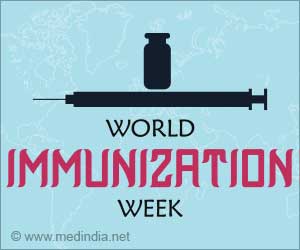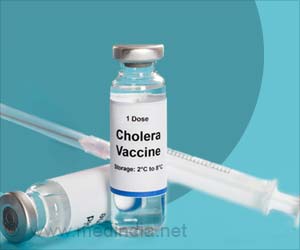
‘Elucidating a nose-to-brain transfer explains why intranasally administered GLP-2 derivatives show the antidepressant effects as same as administered through spinal cord fluid.’
Tweet it Now
However, only a small portion of the nasal mucosa in humans is made up of olfactory epithelium, propelling researchers to focus on improving. drug delivery time through the predominant respiratory epithelium.To facilitate this, a team of researchers developed a novel drug to test its uptake efficacy by the CNS in a study published in the Journal of Controlled Release.
While studying the uptake of this novel PAS-CPP-GLP-2 by the CNS, they noted that its anti-depressant effects via intranasal (in) administration remained on par with intracerebroventricular (icv) administration at identical dose.
How do Antidepressants Get Through the Blood-Brain Barrier?
Therefore, they demonstrated a nose-to-brain transfer mechanism to explain why intranasally administered GLP-2 derivatives show drug effects at the same dose as intracerebroventricularly administered GLP-2 derivatives.The team’s findings have been documented. They performed icv. and in. administration of PAS-CPP-GLP-2 into mice. The amount of drug transferred to the whole brain was quantified by enzyme-linked immunosorbent assay (ELISA).
Surprisingly, the ELISA revealed that a much smaller amount of intranasally administered PAS-CPP-GLP-2 reached the brain than intracerebroventricularly administered PAS-CPP-GLP-2. However, both icv. and in. administration showed efficacy at the same dose.
Advertisement
On the other hand, nasally administered GLP-2 derivatives were rapidly taken up by the trigeminal nerve of the respiratory epithelium, and efficiently reached the site of action while transiting neurons.
Efficient Nasal drug delivery of Antidepressants
This suggests that the peptide is delivered to the site of action by icv. the administration is present in large amounts in the brain but only in very small amounts, as it remains in the perivascular space. On the other hand, intranasally administered PAS-CPP-GLP-2, unlike icv. administration may be transferred to the site of action without passing through the CSF or perivascular space.Advertisement
Source-Eurekalert














